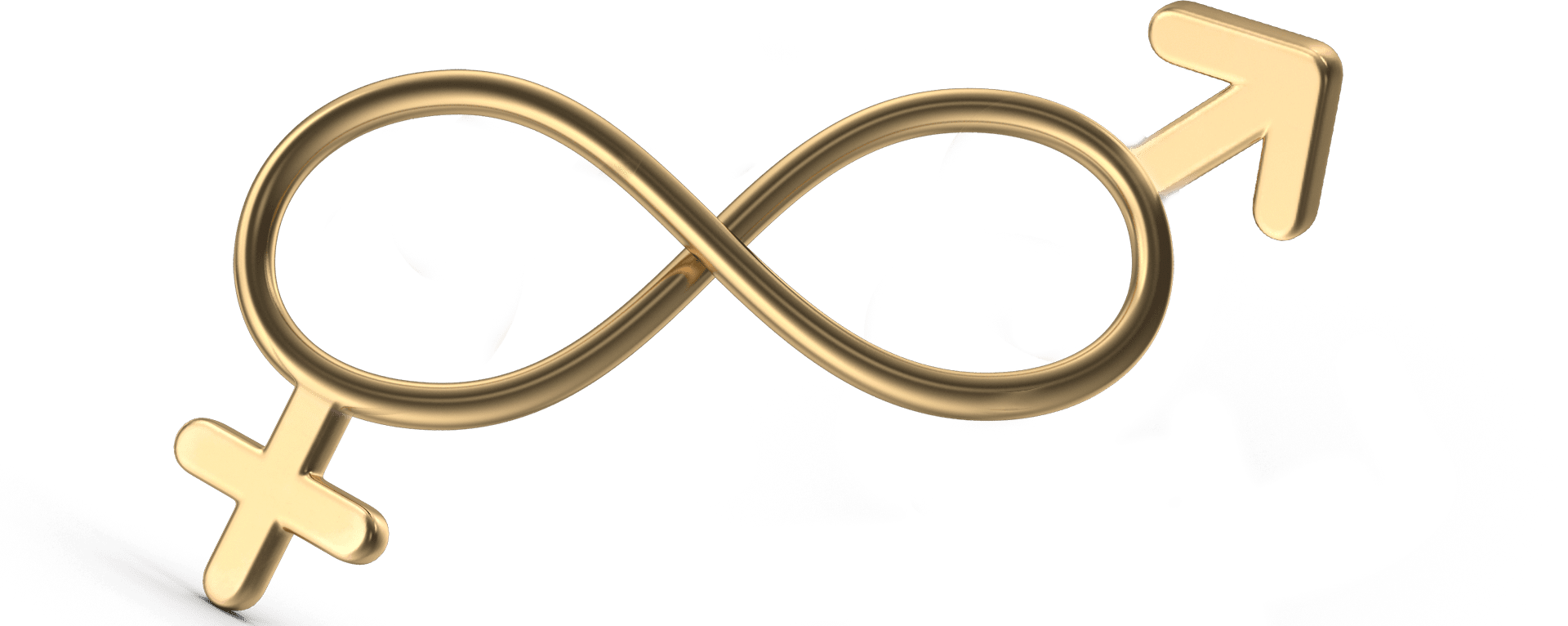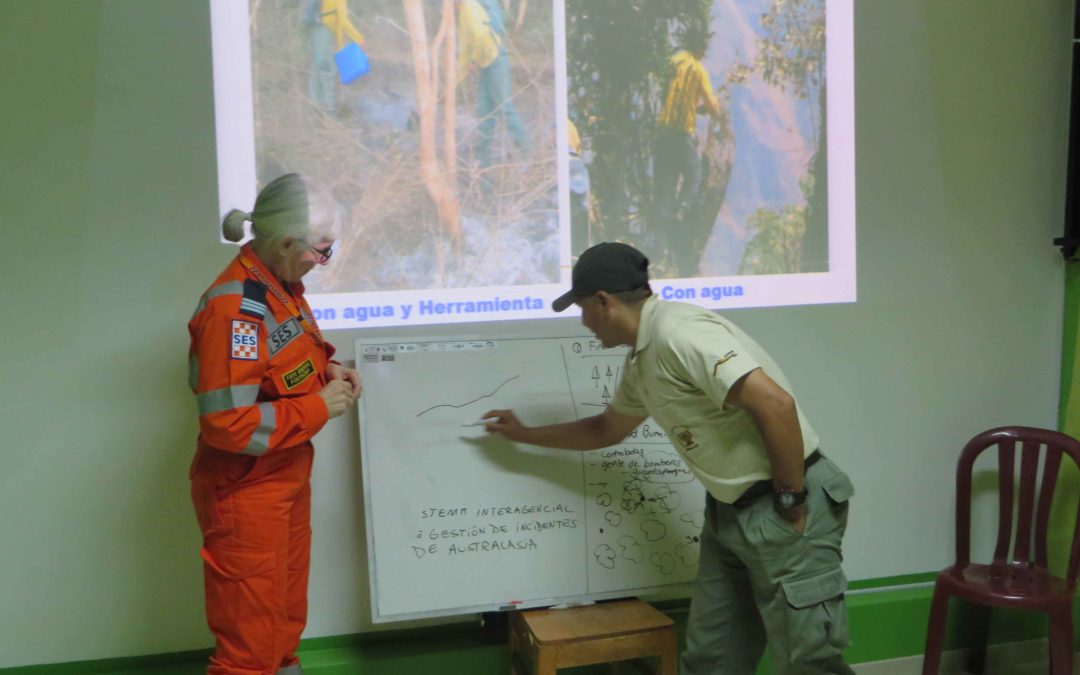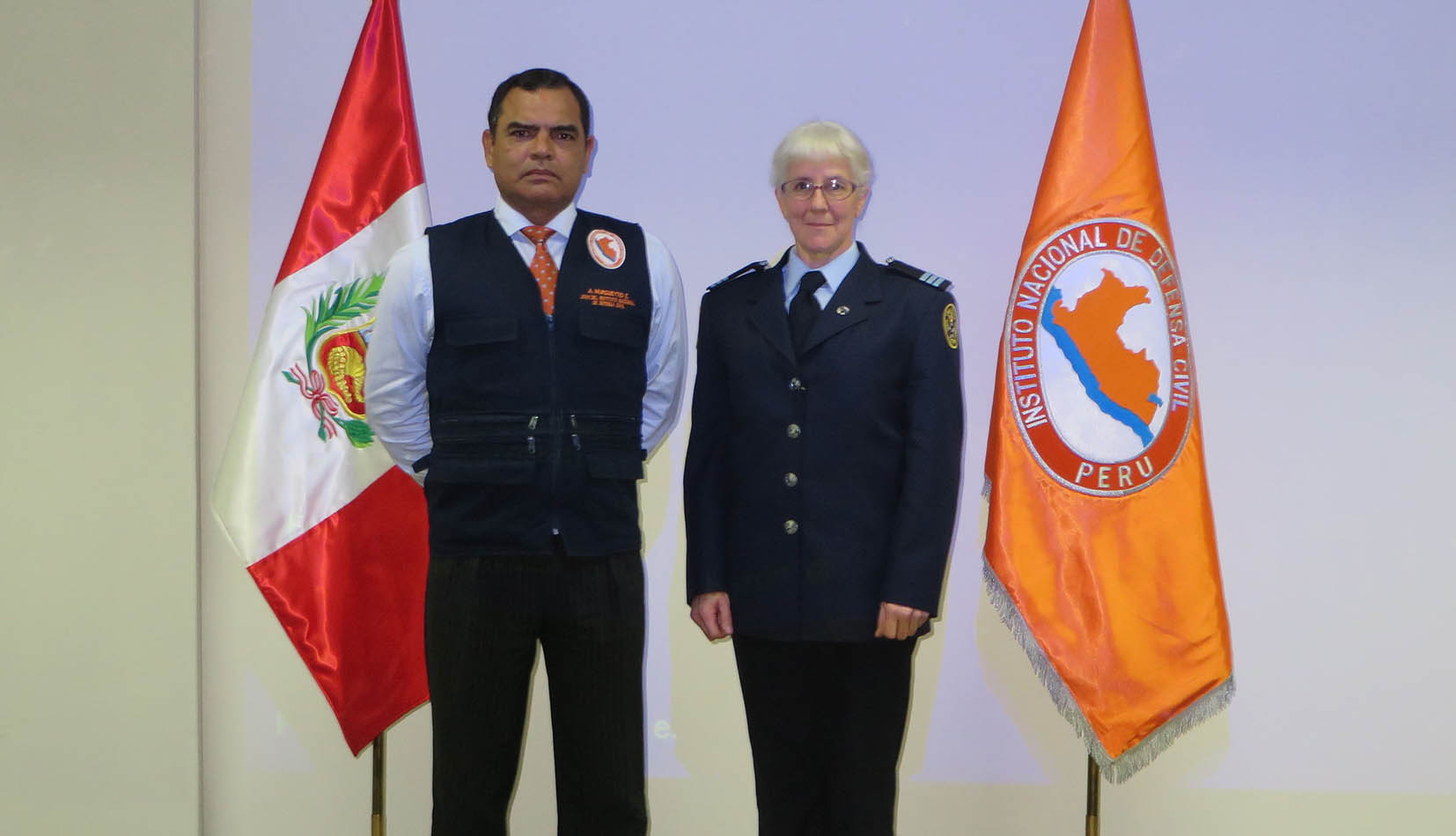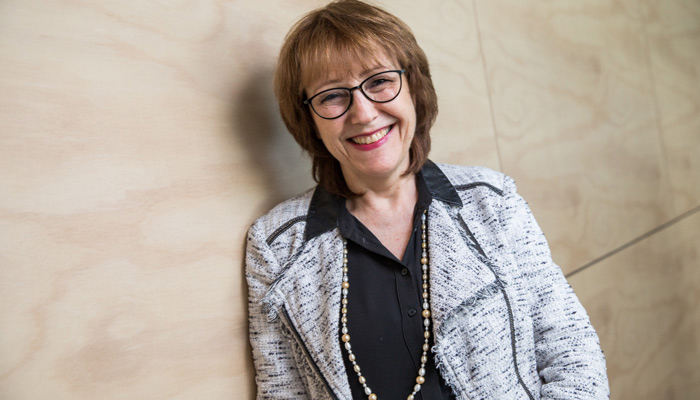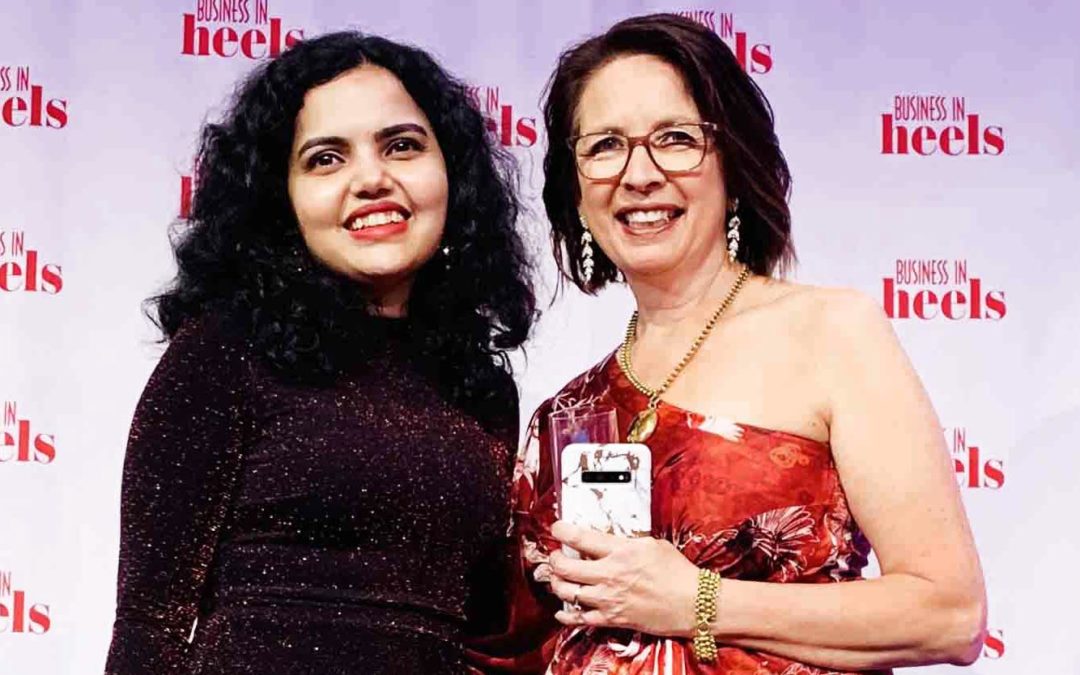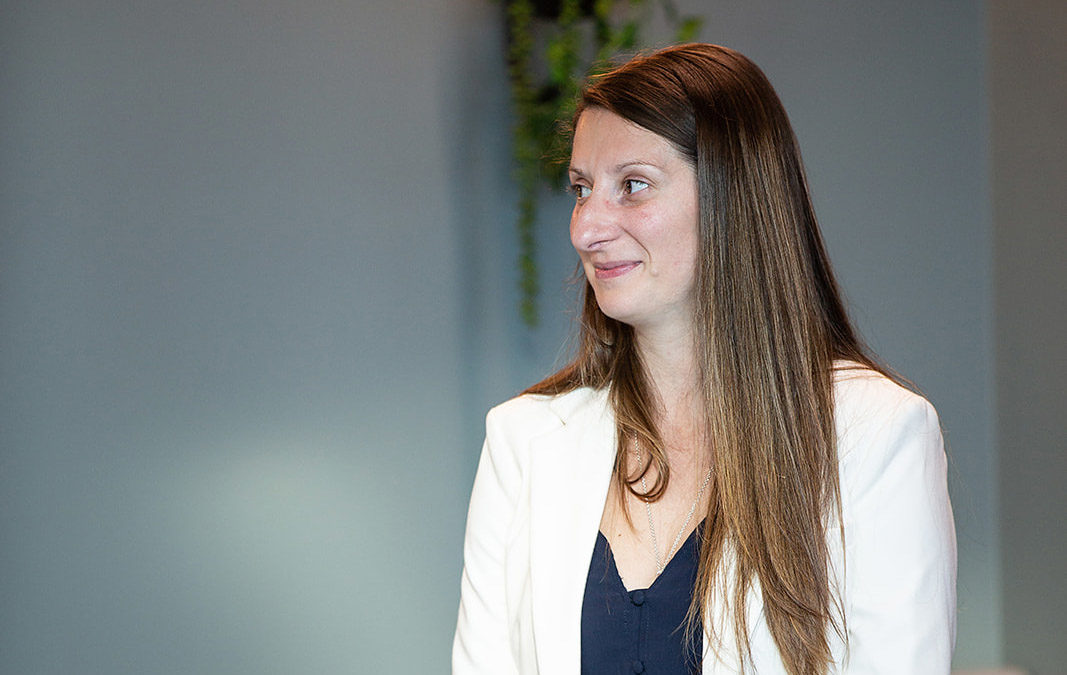
Breaking Gender Barriers
Grant Thornton is a world-leading organisation made up of independent assurance, tax and consulting advisors. Operating within the accounting industry, they have traditionally faced a lack of female participation, which notably declines as senior leaders move to the Partner level.
To drive change, the firm decided on a purposeful and proactive approach to their gender equity goals. Hollie Coleman, National Diversity and Inclusion Lead noted that the Gender Equity Action Plan is to achieve and maintain gender equity at all levels of the career structure within the firm by removing structural barriers to gender equality.
Although the talent pipeline is relatively balanced up to the Director level, the number of women advancing to Partner was disproportionate to their male colleagues. By listening to their people through targeted focus groups and direct feedback channels, they were able to understand the real and perceived barriers to advancing to Partner as a female at the firm. The focus is on driving cultural change, improving internal networks and visibility of female leaders, as well as raising awareness of gendered issues in the workplace more broadly.
Key initiatives
One of the initiatives under the Gender Equity Action Plan is an inclusive sponsorship program where each Sponsor supports a future leader through their career journey by providing active sponsorship, as well as (but distinct to) mentoring and coaching. The program focuses on upskilling sponsors first and foremost, while supporting and encouraging future leaders.
A Gender Equity Network (GEN) group was also set up to support women and gender diverse people by building a strong network of members and allies working together to create awareness and understanding, promote conscious inclusion, advocate for gender equity, and strengthen the pipeline of diverse talent for leadership roles. GEN was established on the basis that gender equity is everyone’s business – today one third of the members of GEN are male allies.
GEN launched GENerator Circles, which are “lean-in” groups of up to 12 individuals in local offices where women can meet to expand and strengthen internal networks, grow skills and confidence, and help each other achieve personal goals. This has helped participants discuss and strategise issues from imposter syndrome, and managing their mental load, to identifying their individual circle of advisors. Whatever the challenge, the circles provide support, empathy, understanding and a safe space to speak. For Daniela Baggio, a Manager in the Corporate Tax team, the initiative has been incredibly positive, “Having a dedicated way to channel interest in gender equity in the firm, and to access the support shared in these circles as part of my normal working day is unreal to me. I have personally benefited so much from being part of our GENerator circle and the deeper relationships I have formed has been helpful for day-to-day work activities.”
The importance of allyship
Other key barriers to women stepping into Partner level identified were the lack of informed and proactive allies, and the need to build networks to generate business and the team at Grant Thornton Australia has set about to systematically remove these barriers.
The concept of allyship was important to provide understanding, encouragement and support across the organisation. “Allyship at Work” training was piloted to build a greater understanding of gender equity issues, the role that privilege plays, and how men could be better allies at work. According to Jarrod Lean, Partner in Risk Consulting, the training has been very beneficial for him, ”The Allyship at Work training was thought provoking and engaging. I think everyone came out of it learning something, and most of all having more awareness of how to be a better ally. It has changed the way I approach interactions at work for the better, and I highly recommend other allies to attend future sessions.”
Business development initiatives
Demystifying business development is a key element of the Gender Equity Action Plan, with one of the major initiatives of the program being the internal and external networking opportunities. The Adelaide office has partnered with a local law firm and a Big 4 bank to provide networking opportunities for professional women to regularly meet, allowing the team to build local networks, form potential collaborations, and share cross-business referrals.
The Sydney Financial Advisory team have also set up a women’s network where they regularly meet to discuss topical issues or hear from guest speakers. Holly Stiles, FA Partner and the Executive Sponsor of GEN says, “We have seen very powerful results from our ’Women in Leadership series, including career progression, increased confidence and higher retention rates. Many women have commented that it has been incredibly helpful to discuss issues and to realise that others share similar challenges. The circles have provided a forum for women to share strategies to overcome barriers in their careers and a network of colleagues who support each other.”
The team at Grant Thornton Australia are proud of their work that aims to systematically remove the barriers holding women back. They are at the leading edge of action with their Inclusive Sponsor Program, Allyship program, GENerator Circles, business development support and networking opportunities. Other initiatives include 26 weeks of paid parental leave including superannuation on the 26-week unpaid portion, flexibility, support and resources for caregivers, and domestic & family violence support.
All these initiatives mean they are well on their way to achieving their gender equity goal: to create an inclusive environment where career aspirations can be realised regardless of gender, and where women and gender diverse people are as equally represented as men all the way through to Partner level.
If you would like to learn more about the other finalists then click this link.
